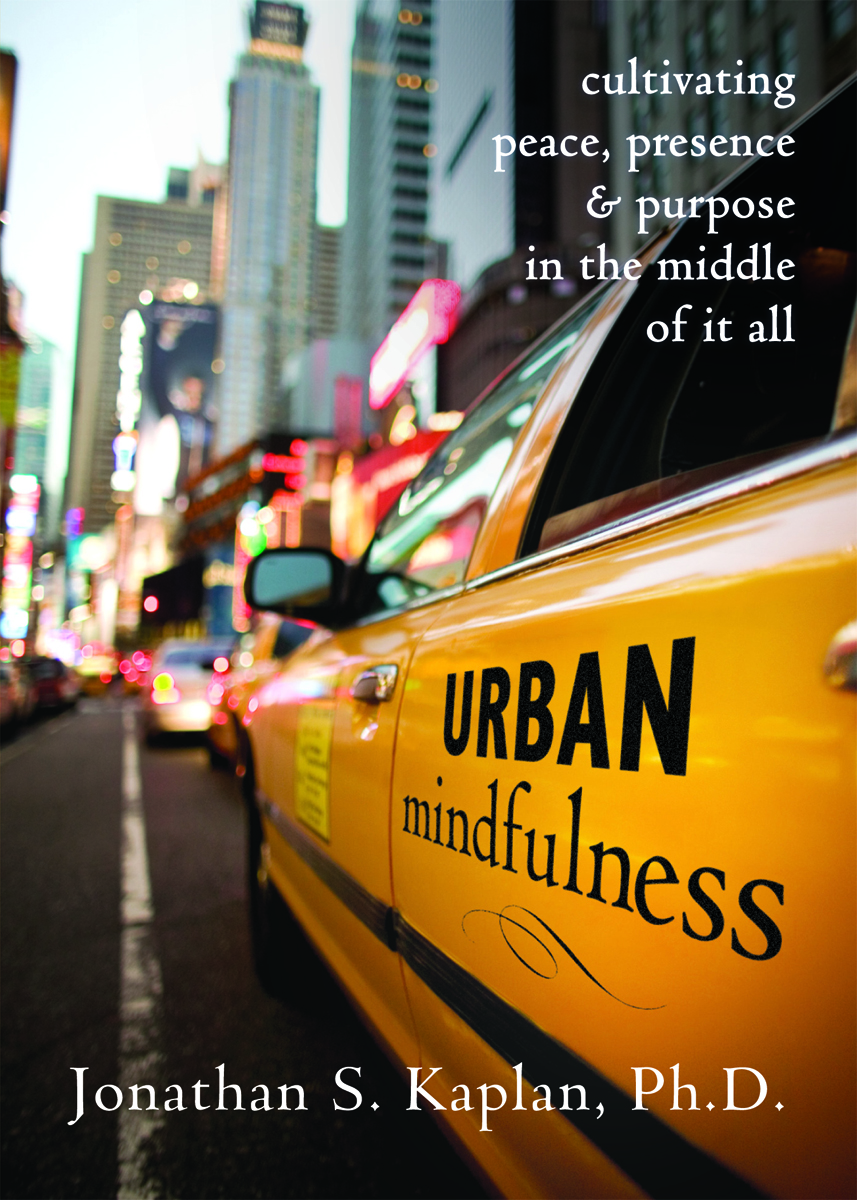Thursday
May062010
There's Still Some Good in this World
 Thursday, May 6, 2010 at 08:39PM
Thursday, May 6, 2010 at 08:39PM
By Jonathan Kaplan, Ph.D.
Feeling tired, I was headed home after a long day at work. On the subway platform, I waited and watched as all kinds of trains passed by--all except the one that I needed. Even the garbage train honked noisily through the station. My train was nowhere in sight.
After enduring a seemingly unending period of time (like doing zazen with an itchy nose), my train finally rumbled to a stop in front of me. Many others had been waiting with me, so we all crammed ourselves into the crowded car. Collectively, we seemed tired, defeated, and worn out. Just as the doors were about to close, a woman jumped into the doorway. "Someone dropped their keys!" she pronounced. Several of us looked up to notice a jumble of keys in her outstretched hand. No one responded. "Someone dropped their keys!" she stated again. More people started to look at her, while some started checking their pockets.
"Stand clear of the closing doors, please" chimed the automated announcement.
We continued to look at her. "What's she going to do?" I wondered. The doors closed shut, and she shoved them open. "I have your keys!" she yelled. "Check to make sure you have your keys!"
"Don't hold the doors! Step out of the doorway!" boomed the conductor.
Suddenly, a young girl ran towards the door and gratefully grabbed them. "Thank you!" she gushed. The other woman pulled her arm out of the doorway as the doors snapped shut. The train began to move.
As I reflected on what happened and smiled at the obviously embarrassed girl, I noticed an old man leaning towards a young woman next to him. "Just when you start to give up hope," he said, "you notice that there's still some good in the world." Indeed.
Feeling tired, I was headed home after a long day at work. On the subway platform, I waited and watched as all kinds of trains passed by--all except the one that I needed. Even the garbage train honked noisily through the station. My train was nowhere in sight.
After enduring a seemingly unending period of time (like doing zazen with an itchy nose), my train finally rumbled to a stop in front of me. Many others had been waiting with me, so we all crammed ourselves into the crowded car. Collectively, we seemed tired, defeated, and worn out. Just as the doors were about to close, a woman jumped into the doorway. "Someone dropped their keys!" she pronounced. Several of us looked up to notice a jumble of keys in her outstretched hand. No one responded. "Someone dropped their keys!" she stated again. More people started to look at her, while some started checking their pockets.
"Stand clear of the closing doors, please" chimed the automated announcement.
We continued to look at her. "What's she going to do?" I wondered. The doors closed shut, and she shoved them open. "I have your keys!" she yelled. "Check to make sure you have your keys!"
"Don't hold the doors! Step out of the doorway!" boomed the conductor.
Suddenly, a young girl ran towards the door and gratefully grabbed them. "Thank you!" she gushed. The other woman pulled her arm out of the doorway as the doors snapped shut. The train began to move.
As I reflected on what happened and smiled at the obviously embarrassed girl, I noticed an old man leaning towards a young woman next to him. "Just when you start to give up hope," he said, "you notice that there's still some good in the world." Indeed.
tagged  help,
help,  hope in
hope in  Interdependence,
Interdependence,  Subway
Subway
 help,
help,  hope in
hope in  Interdependence,
Interdependence,  Subway
Subway 


